Basic dill pickle recipe and directions
ckmcmann
10 years ago
Related Stories
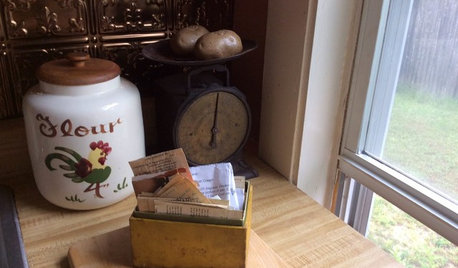
KITCHEN DESIGN5 Home Cooks Share Their Favorite Family Recipes
Peek inside the kitchens of these Houzz users and learn how to cook their time-tested, passed-down dishes
Full Story
DECORATING STYLESSo Your Style Is: Swedish
Fresh faced and cheerful, Swedish style marries casualness and elegance with ease. Could its lighter look uplift your home?
Full Story
FEEL-GOOD HOMESimple Pleasures: Make Do and Mend
Experience the satisfaction of fixing, repurposing and creating things yourself around the home
Full Story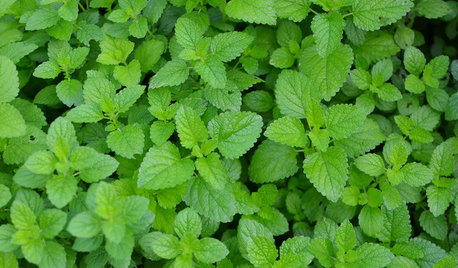
EDIBLE GARDENS12 Essential Herbs for Your Edible Garden
Make home cooking and drinks even better with herbs plucked from your own backyard or windowsill pot
Full Story
HOUSEKEEPING20 Things You Might Be Forgetting to Spring-Clean
Clean these often-neglected areas and your house will look and feel better
Full Story
COLOR11 Terrific Paint Color Matches for Wood Details
Pair your wood trim and cabinets with the right shade of wall paint to bring out the beauty in both
Full Story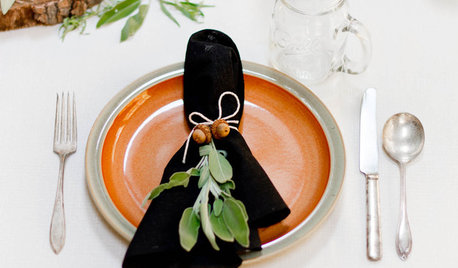
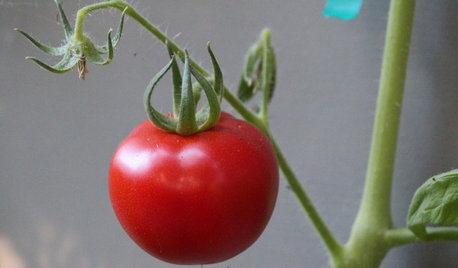
FARM YOUR YARDIf You Have Room for Only One Summer Crop ...
Get an edible that’s long on flavor even if you’re short on space, with a long-time gardener’s favorite picks
Full Story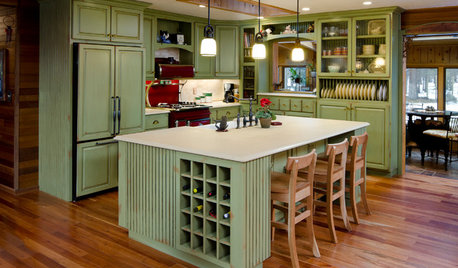
MOST POPULARHow to Reface Your Old Kitchen Cabinets
Find out what’s involved in updating your cabinets by refinishing or replacing doors and drawers
Full Story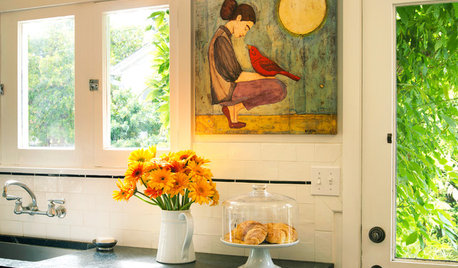
SIMPLE PLEASURESThe Art of Being Neighborly
Learn the heartfelt gestures that go a long way toward creating a welcoming community
Full Story





ckmcmannOriginal Author
digdirt2
Related Professionals
Simpsonville Landscape Architects & Landscape Designers · Lakewood Landscape Architects & Landscape Designers · Suffern Landscape Architects & Landscape Designers · Ashburn Landscape Contractors · Fort Wayne Landscape Contractors · Wilton Landscape Contractors · Columbia Roofing & Gutters · Phoenix Roofing & Gutters · Damascus Roofing & Gutters · Crowley Driveway Installation & Maintenance · Charlotte Driveway Installation & Maintenance · Daphne Driveway Installation & Maintenance · Lakeland Driveway Installation & Maintenance · Riverside Driveway Installation & Maintenance · Springfield Driveway Installation & MaintenanceckmcmannOriginal Author
digdirt2
ckmcmannOriginal Author
myfamilysfarm
digdirt2
myfamilysfarm
digdirt2
myfamilysfarm
reneef
2ajsmama
reneef
2ajsmama
reneef